Phonics Skills Normal Phonics Worksheets for Ages 3-5
14 filtered results
-
From - To
Discover engaging Phonics Skills Normal Worksheets designed specifically for children ages 3-5. Our printable resources help young learners develop essential phonics knowledge through fun and interactive activities. Each worksheet targets key skills such as letter recognition, sound blending, and word formation, essential for early literacy. Educators and parents can use our worksheets to encourage self-paced learning at home or in the classroom. With appealing visuals and age-appropriate tasks, these resources foster a love for reading while building a strong phonics foundation. Explore our collection to support your child's phonics journey and help them gain confidence in their reading abilities!
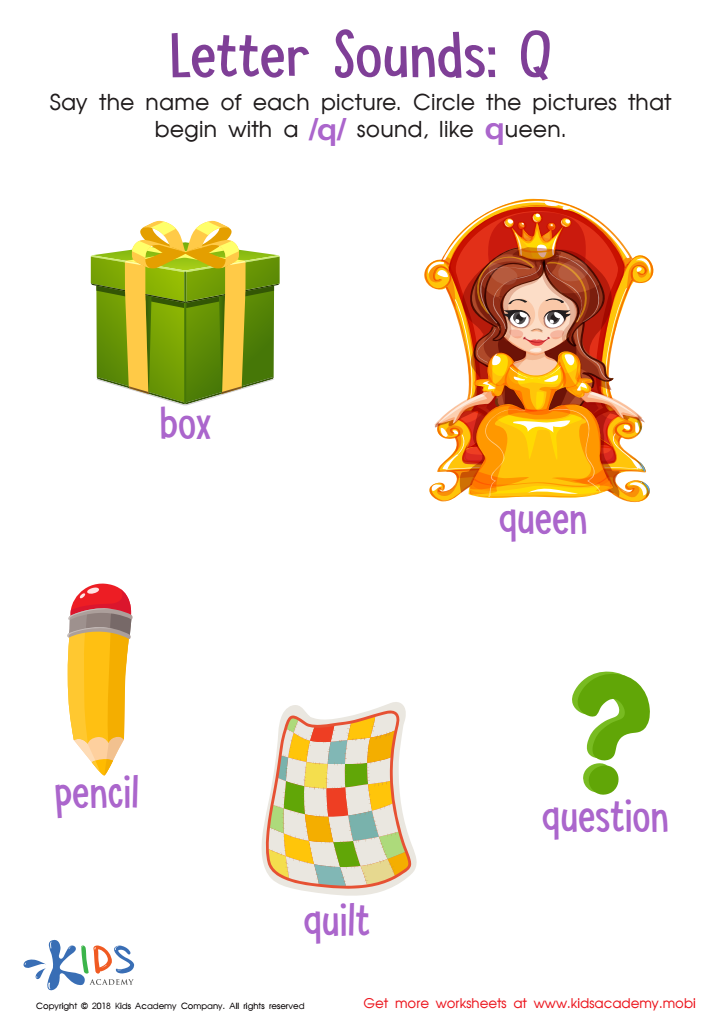

Letter Q Sounds Worksheet
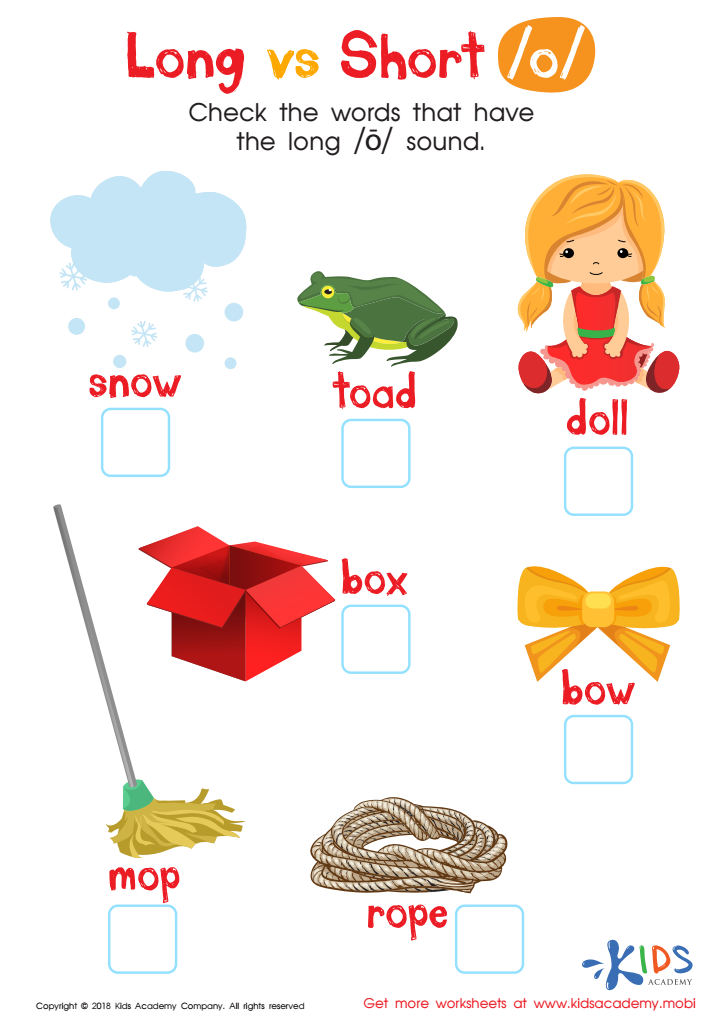

Long vs Short O Reading Worksheet
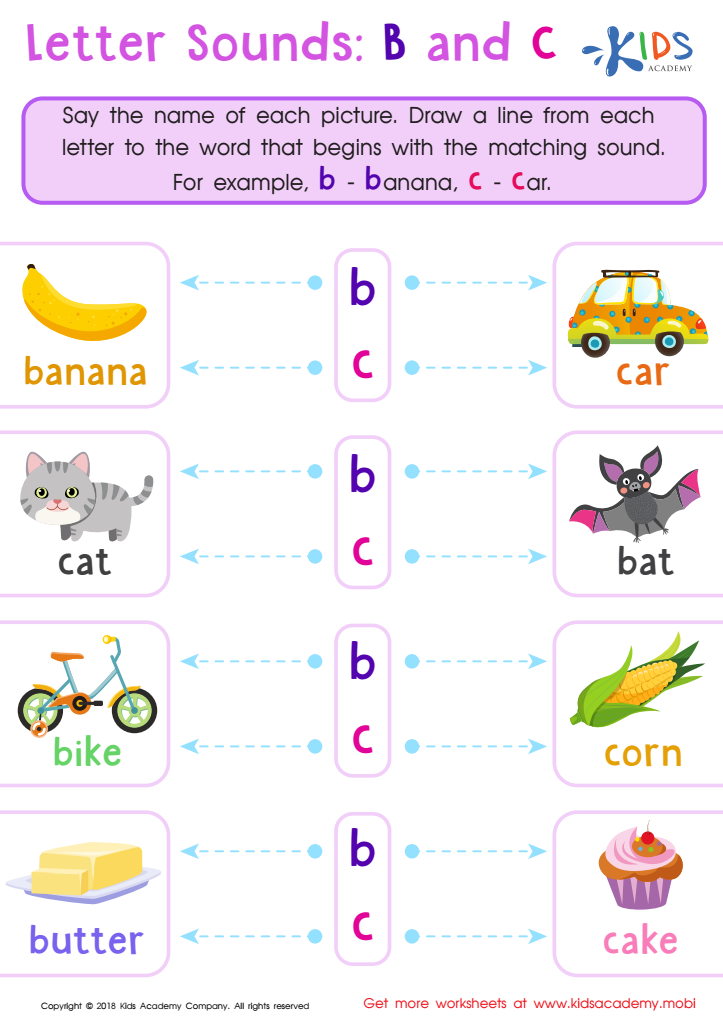

Letter B and C Sounds Worksheet
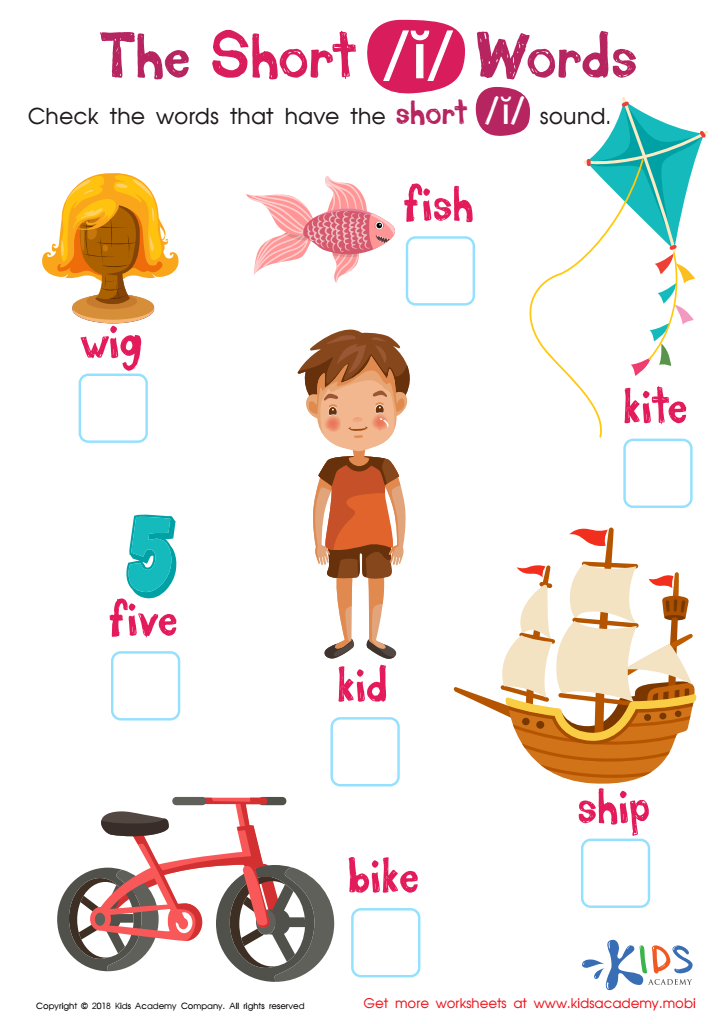

The Short I Words Reading Worksheet
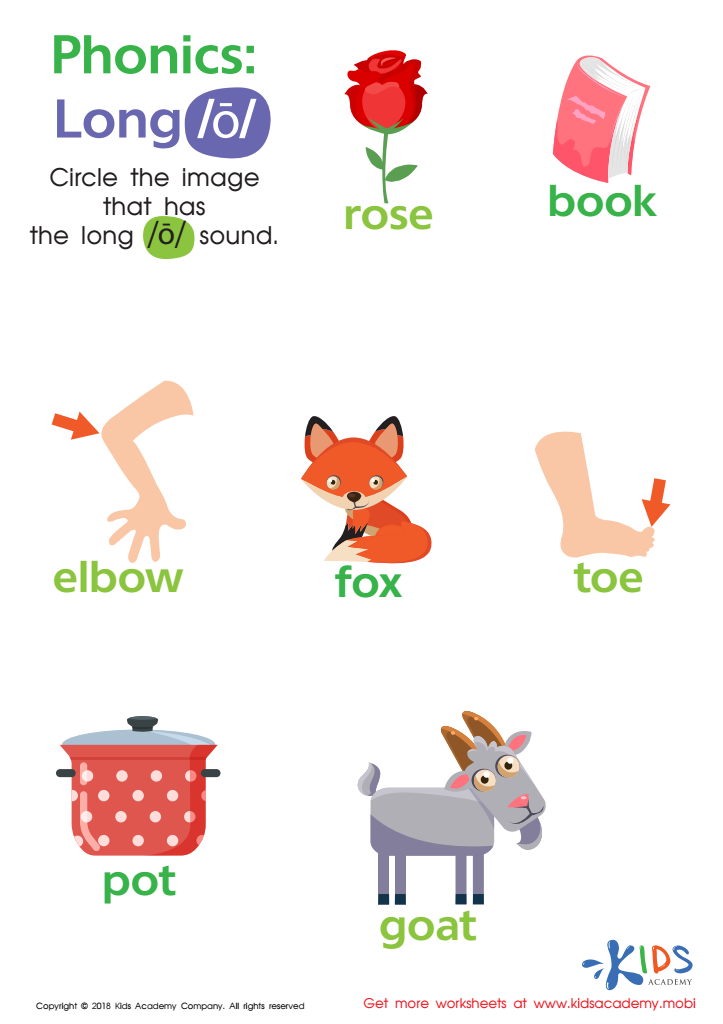

Phonics Long O Reading Worksheet
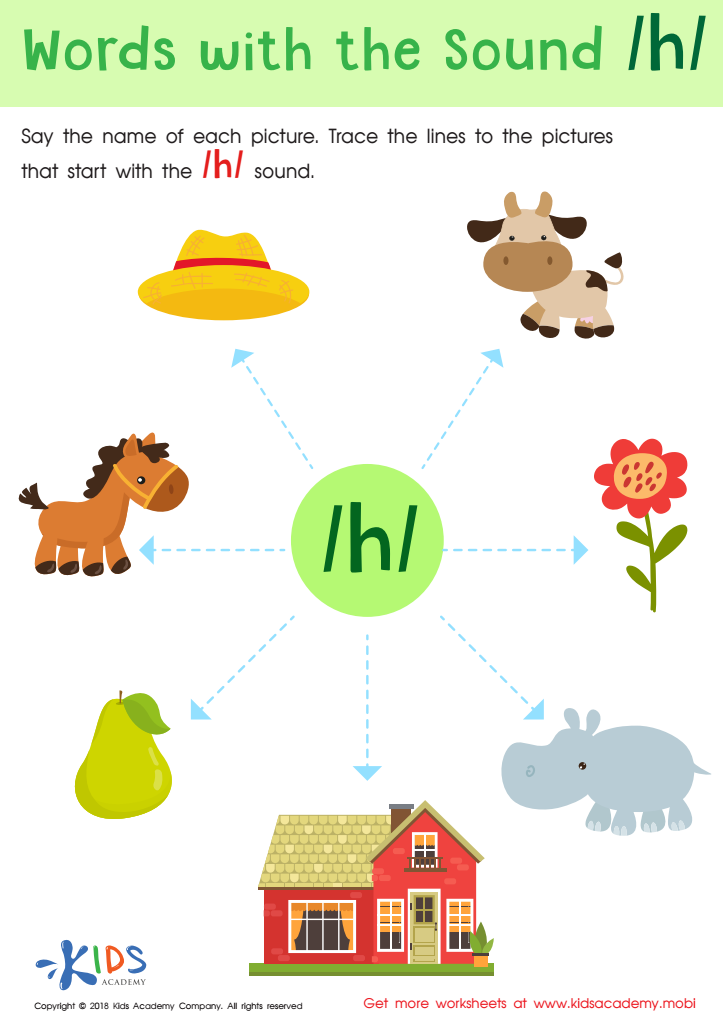

Words with sound h Reading Worksheet
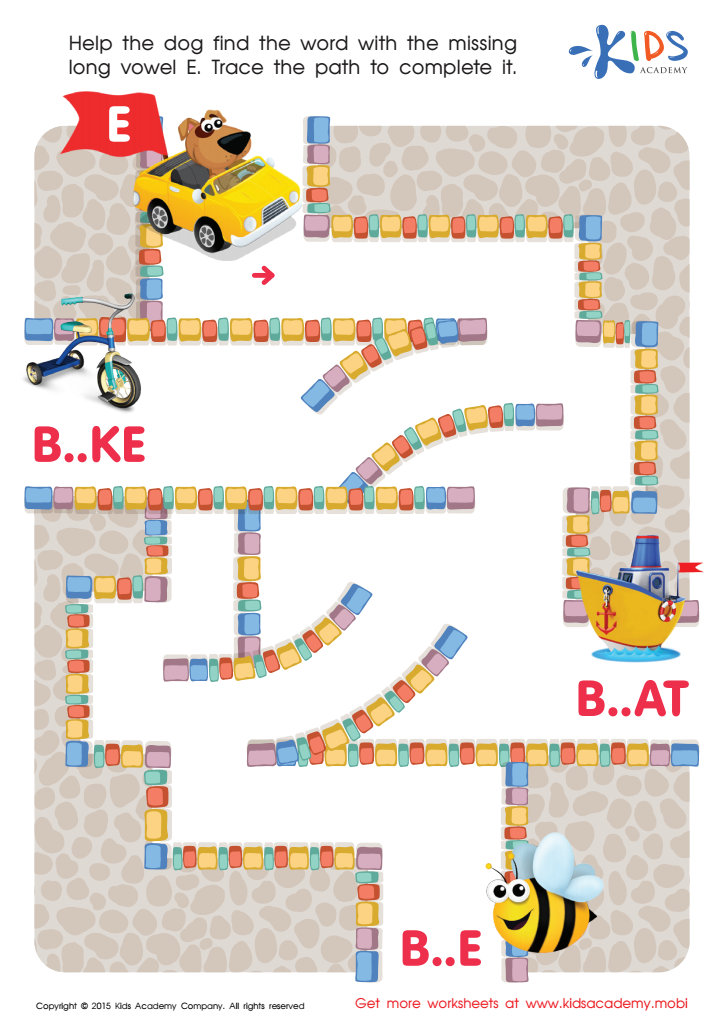

Long Vowel Sound E Worksheet
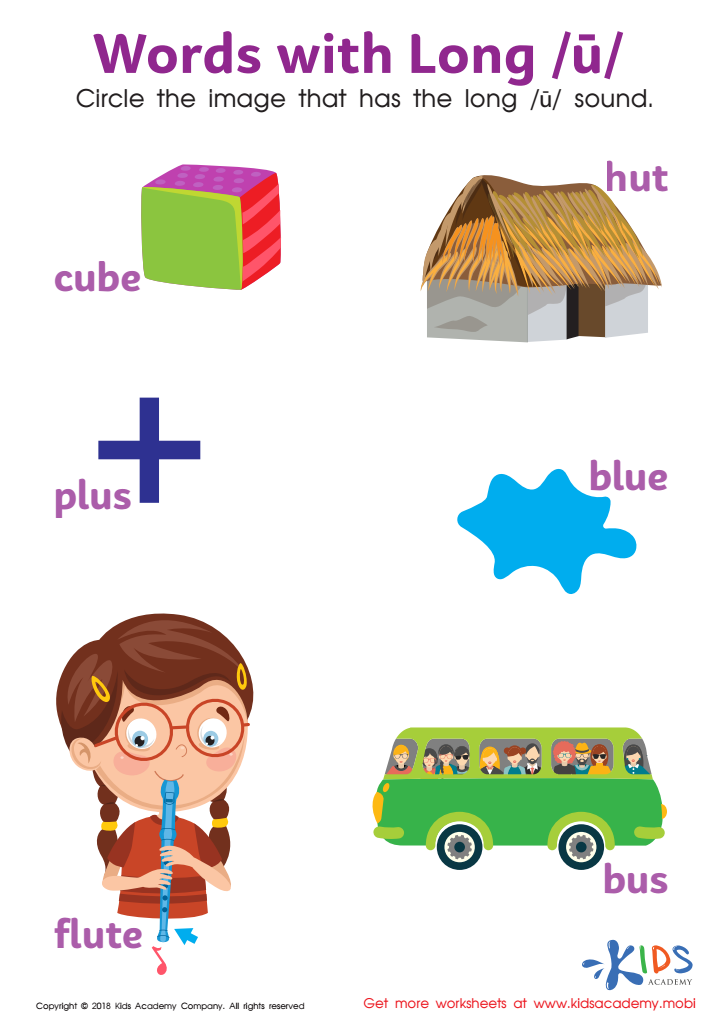

Words with Long U Reading Worksheet
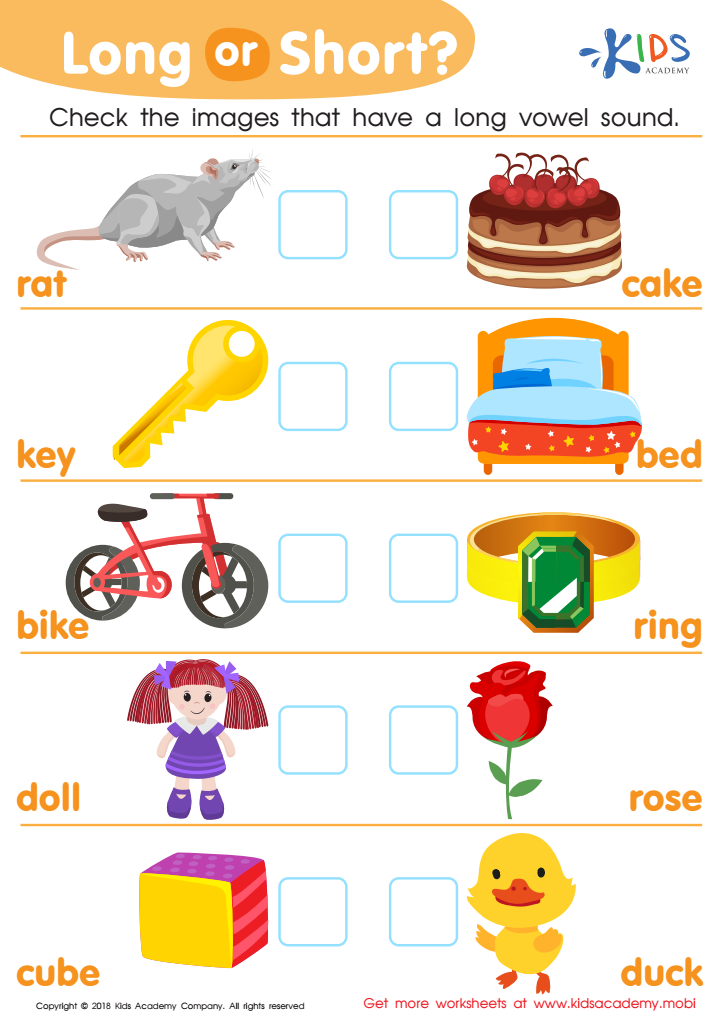

Long or Short Reading Worksheet
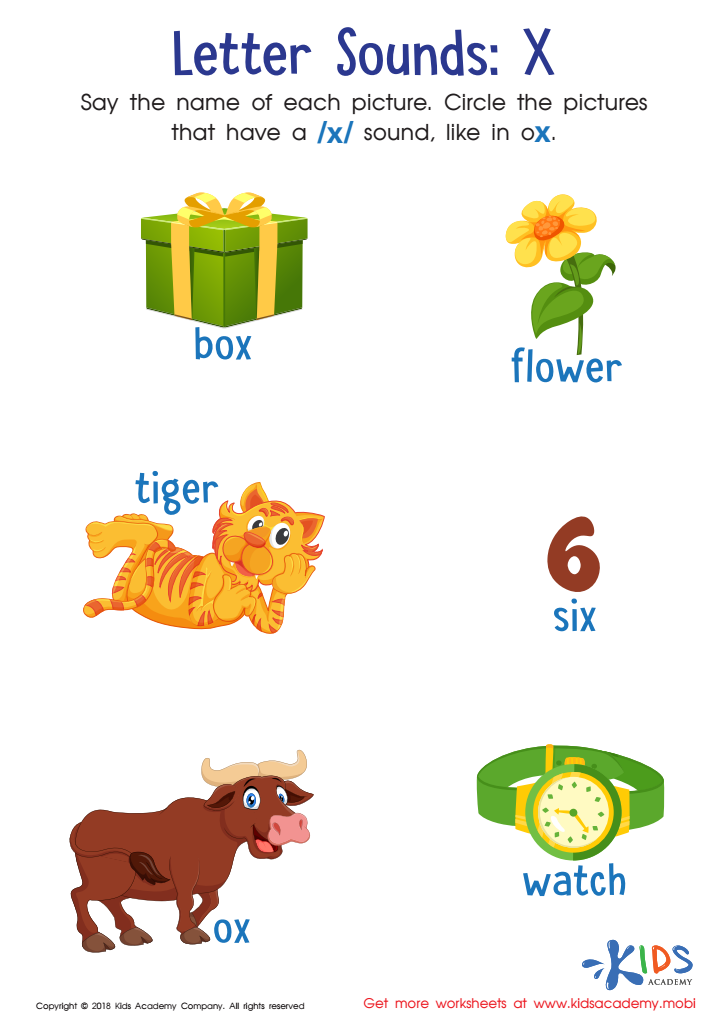

Letter X Sounds Worksheet
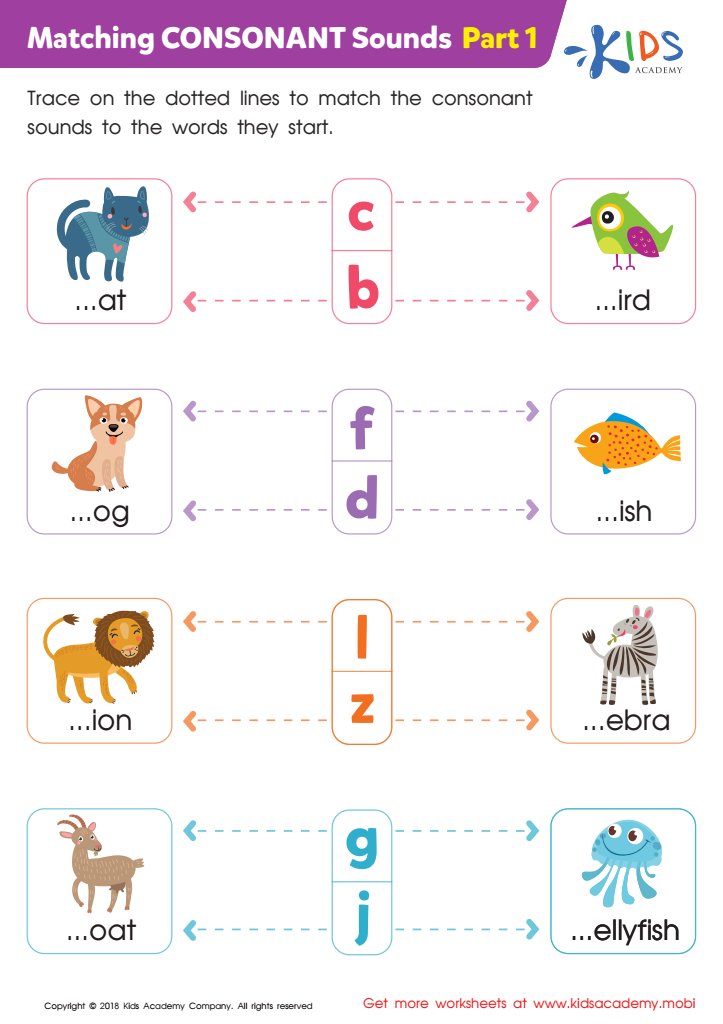

Matching Consonant Sounds: Part 1 Worksheet
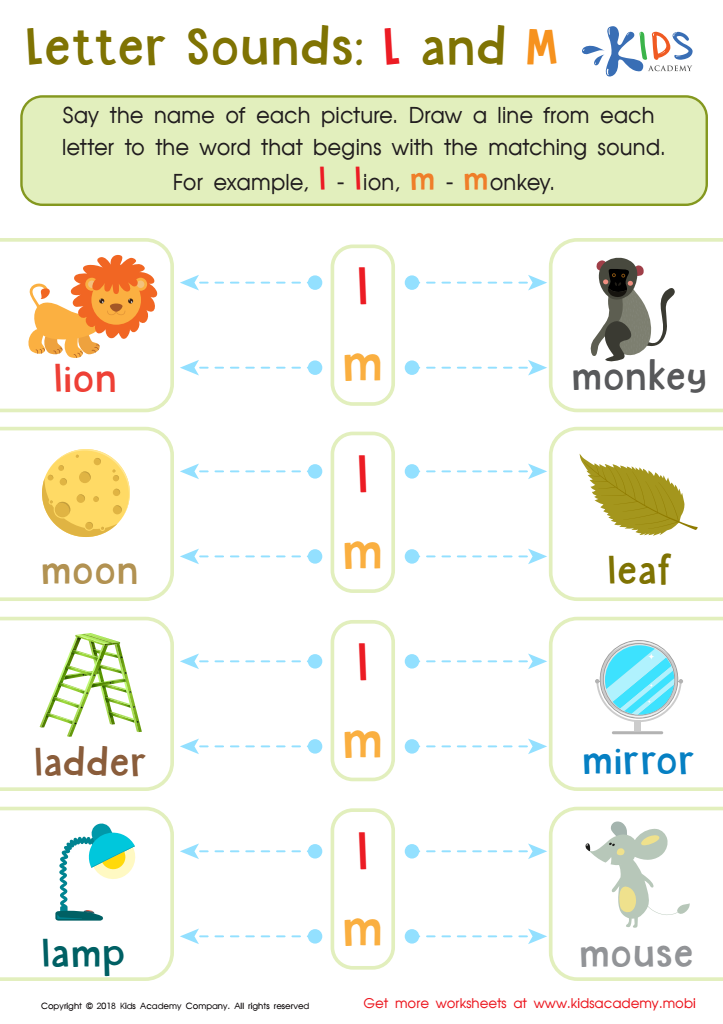

Letter l and M Sounds Worksheet


Long and Short E Worksheet
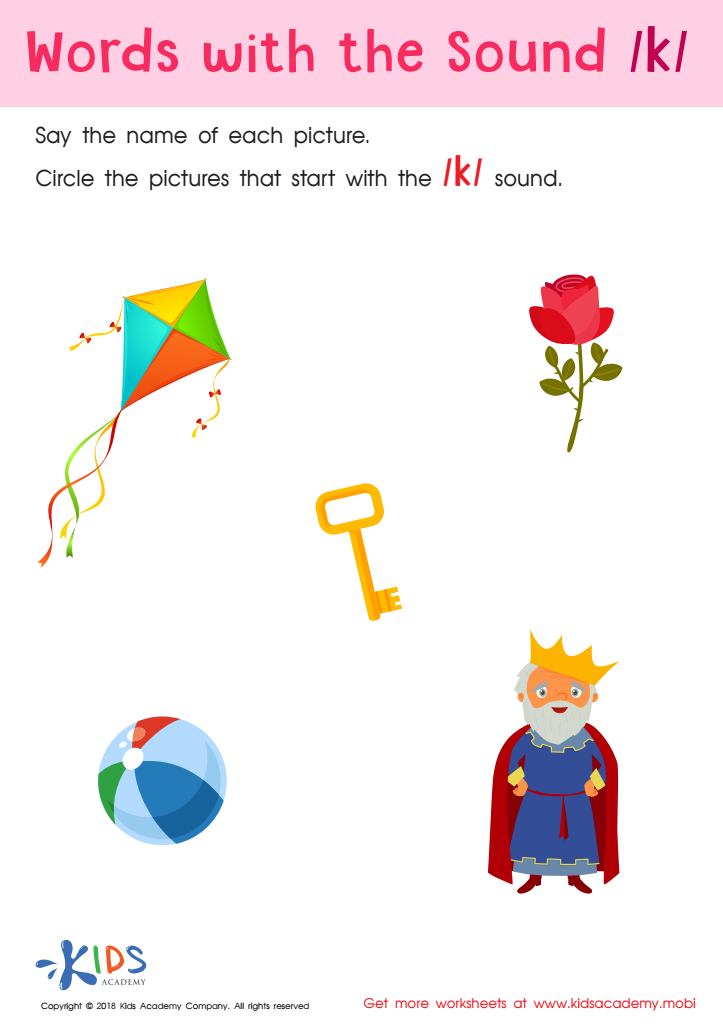

Words with sound k Reading Worksheet
Phonics skills are foundational for early literacy development, making it crucial for parents and teachers to prioritize these skills for children ages 3-5. At this young age, children are in a critical stage of language acquisition, where they begin to understand the relationship between sounds and letters. Normal Phonics demonstrates how phonemes, the smallest units of sound, correspond to written symbols, laying the groundwork for reading and writing.
By focusing on phonics, parents and teachers can enhance a child's ability to decode words, fostering fluency and comprehension in later reading experiences. Engaging in phonics activities helps children develop auditory discrimination, which is essential for distinguishing between similar sounds, and supports vocabulary expansion in a meaningful context. Incorporating phonics instruction at an early age increases a child's confidence and love for reading, contributing positively to their overall academic journey.
Investing time in phonics not only benefits literacy but also strengthens cognitive skills, including memory and attention. Therefore, fostering phonics skills prepares children for successful learning experiences, setting the stage for future educational milestones and lifelong reading enjoyment. Parents and educators play a pivotal role in making this critical skill a priority in early childhood education.
 Assign to My Students
Assign to My Students














